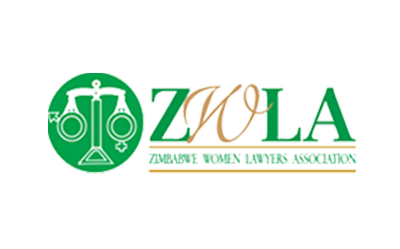
The recognition and distribution of assets acquired by parties during an unregistered customary law union upon dissolution of same has and continues to pose considerable headaches for both our courts as well as advocates for women empowerment.
An unregistered customary law union is a union contracted by a man and a woman according to customary law in which lobola and all other customary rites are performed. In essence and under customary law this confers marriage rights and parties are considered as husband and wife. However in terms of general law such unions are not recognized for purposes of dissolution or divorce as it were. Customary law confers very restrictive rights to women in the event of dissolution hence a woman is only allowed her personal property known as “mawoko” property. Customary law is inimical to the level of contribution made by women during the subsistence of the union.
The present law as depicted in statutes treats unregistered customary law unions with ambivalence. While the unions are recognized for other purposes such as maintenance, inheritance, pensions, criminal law privilege among others, same are not recognised for purposes of equitable distribution of assets upon dissolution.

 Contact us for
Contact us for 